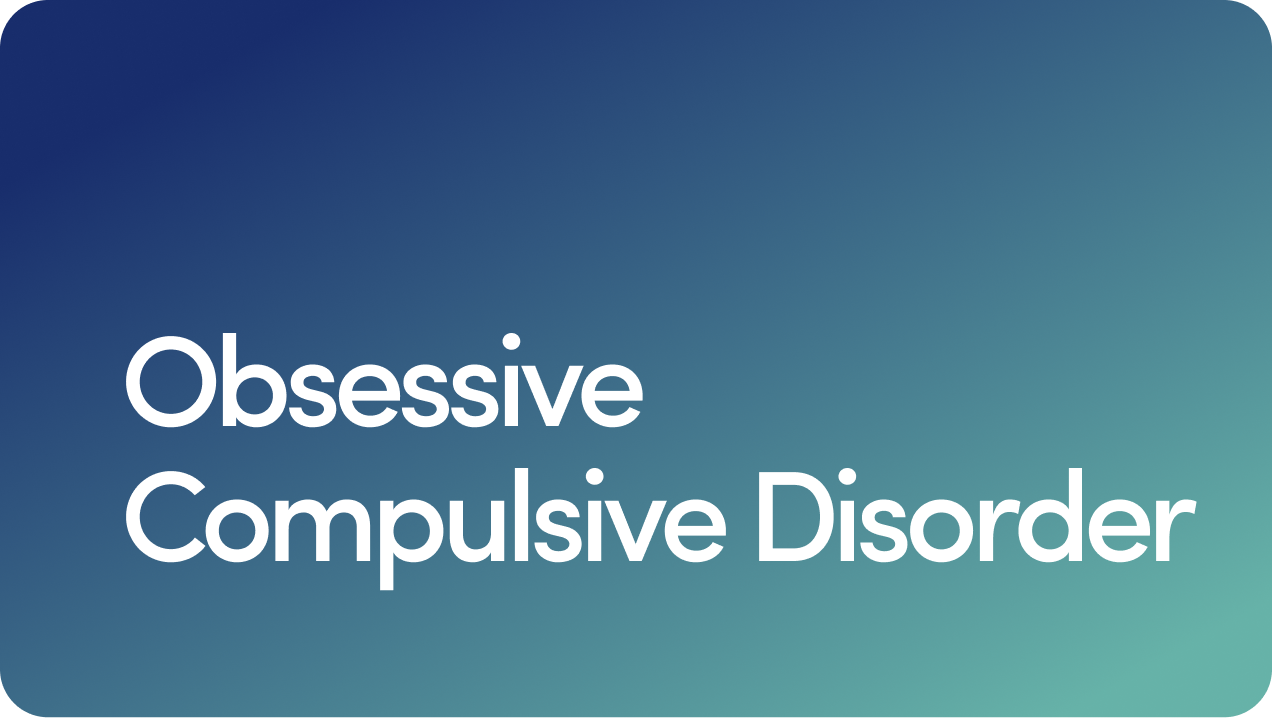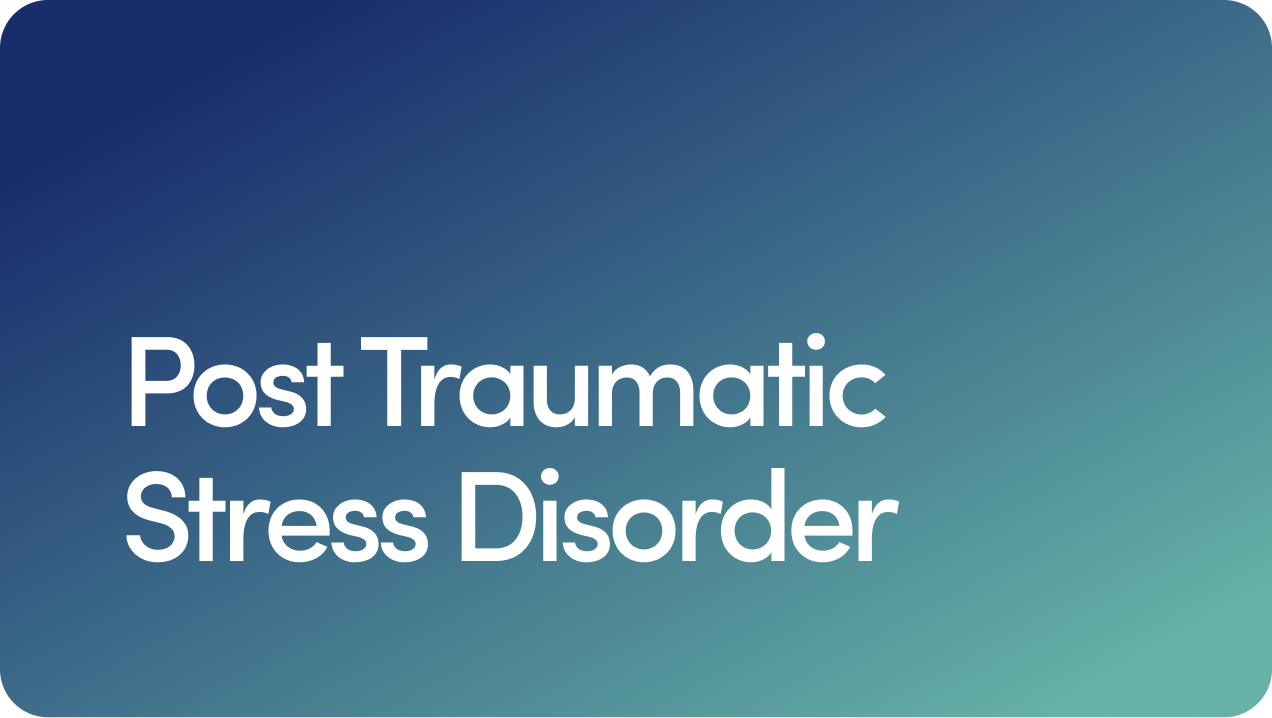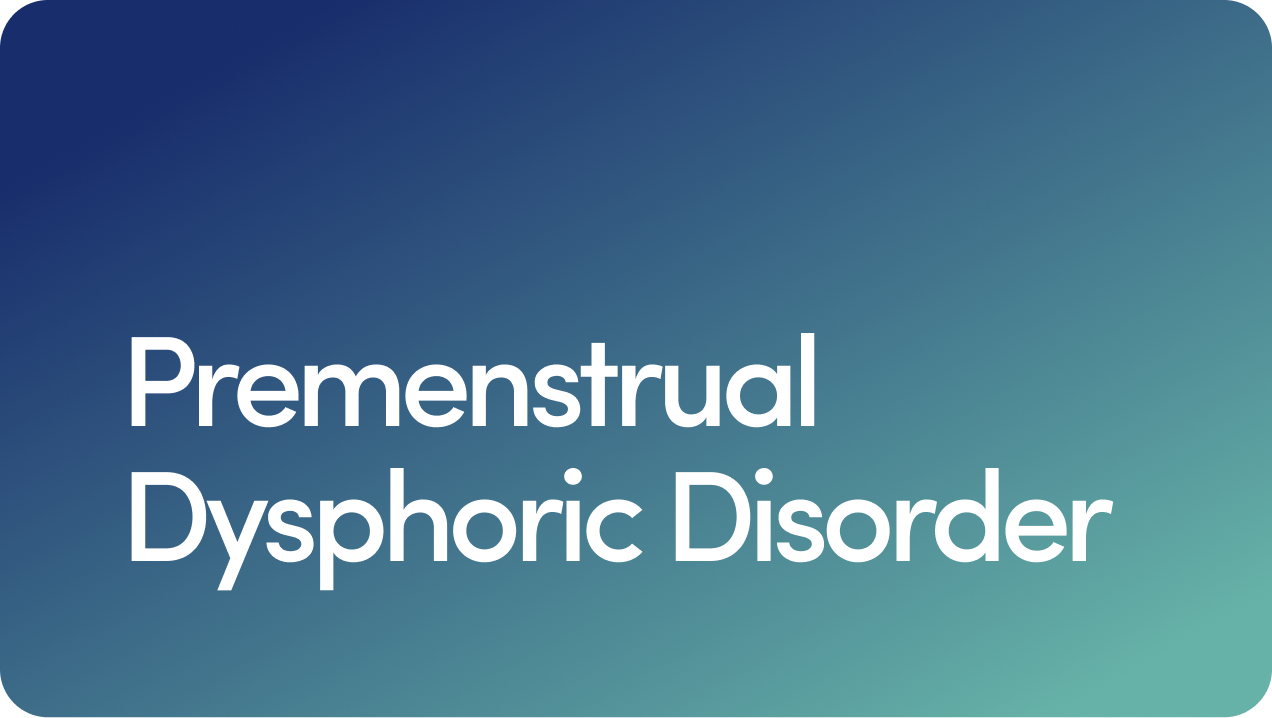Content
Free Mental Health Assessment
Lovesick Symptoms & How to Cope

We might associate being in a healthy romantic relationship with good feelings that can also benefit our emotional and mental well-being. And we certainly know what a broken heart feels like. But can you die from a broken heart?
While we can’t actually die from a broken heart, feeling love sickness is often a good way to describe the feelings of heartbreak or being desperately in love. Being lovesick may not be part of the usual mental health conditions, but you can still very much experience lovesick symptoms and feel the effects.
We’ll explain some common lovesick symptoms and how they affect your mental health as well as ways to cope.
Content
What Does It Mean to Be Lovesick?
To better understand lovesick symptoms and how they affect us, it’s a good idea to start by answering what is lovesick and what love sickness is.
Though the term love sickness or even love depression might sound dramatic, these feelings can have a very real impact on your mental health and well-being. Even a broken heart can lead to negative effects on your heart health, a condition known as broken heart syndrome.
Although not a clinically recognized medical diagnosis, love sickness is considered a disorder according to research, with both emotional and physical symptoms.
Dealing with love and romantic feelings is considered a biological response. When we’re in new romantic relationships, certain chemicals in our brains are altered — specifically, cortisol, serotonin, dopamine and oxytocin.
Our serotonin levels decrease, which is what is believed to cause our thoughts to be preoccupied or obsessed with our new love interest.
Different circumstances can create different feelings of being lovesick. You might have pleasant feelings or constantly think about this new romantic interest.
However, you might be dealing with love sickness or love depression if you’re dealing with the loss of a partner (either from death or a breakup), a temporary separation, being ghosted (contact abruptly cut off with no explanation) or dealing with unrequited love.
Certain mental health conditions might also increase feelings of , such as obsessive-compulsive disorder (OCD), anxiety disorders, post-traumatic stress disorder (PTSD) and depression.
Research has also found similarities between the levels of certain brain chemicals in those who are lovesick with those who have compulsive behavioral disorders or deal with addiction.
You might also become lovesick because of your style of attachment, or how you form relationships as an adult. There are four types of attachment styles:
Secure attachment. A secure attachment style means that you have a positive way of attaching to people and know you are worthy of love.
Avoidant attachment. This style of attachment develops when a child doesn’t seem to notice or care when their caretaker leaves. Adults show a similar disinterest when loved ones leave.
Disorganized attachment. When infants aren’t consistent in their reactions to being separated from a parent, this is disorganized attachment. An adult with a disorganized attachment style shows the same inconsistency in personal relationships.
Anxious attachment. An anxious attachment style — or preoccupied attachment — is defined as someone who needs lots of attention, reassurance or support.
People with insecure attachment styles — avoidant, disorganized and anxious attachment — may have a fear of abandonment or feel anxiety to loss of a loved one, which could lead to love sickness. These feelings of anxiety are just one of many other lovesick symptoms. If you think you have an anxious attachment style, our guide to overcoming anxiety from dating is a great resource.
Common Love Sickness Symptoms
Whether you’re experiencing love sickness from a new connection or love depression from a breakup or separation, there are some common symptoms of love sickness you can feel.
Being lovesick means dealing with a withdrawal of the pleasant or intense feelings that romance brings. This can lead to physical symptoms like:
Heart palpitations
Fever
Loss of appetite
Headache or pain
Rapid breathing
If you’re dealing with broken heart syndrome, your lovesick symptoms may also resemble those of a heart attack. Known as stress-induced cardiomyopathy, the overwhelming stress of heartbreak can cause the body to release hormones that result in chest pain or shortness of breath.
You may also experience mood swings or feelings of depression, especially if you’re dating someone with depression. Experiencing withdrawals from oxytocin may make people more prone to mood swings.
How to Cope with Being Lovesick
Despite the feeling that you may never get over the person who broke your heart, it is possible to get through being lovesick.
Reach out to your support system of friends and family. Talking to others can help you process your experience and whatever emotions come up. If love sickness interferes with your daily life, consider talking to a mental health professional to understand the cause of your feelings better.
You can also embrace how you’re truly feeling rather than trying to force yourself to feel or be something you’re not. Keeping a journal to track your thoughts and emotions can help with anxiety, stress and depression.
Taking care of yourself can also help you cope with being lovesick. A healthy diet and regular exercise can help boost your mood and mental well-being.
And of course, one of the best ways is time. While we may want to feel better as soon as possible, having patience can heal love sickness and heartbreak.
Final Words on Love Sickness
Butterflies in your stomach, a racing heart — is it love sickness, feelings of anxiety or something else? Those feelings could very well be lovesick symptoms, an intense feeling when experiencing a new romantic relationship.
Love sickness is an actual disorder that may cause emotional and physical symptoms, such as mood swings, anxiety, increased heart rate, chest pain and more.
Of course, with any illness or disorder, there’s a way to deal with being lovesick. Talking about your emotions with loved ones, processing how you feel and time are all good ways to start getting back to your old self.
12 Sources
Hims & Hers has strict sourcing guidelines to ensure our content is accurate and current. We rely on peer-reviewed studies, academic research institutions, and medical associations. We strive to use primary sources and refrain from using tertiary references.
- Khallafi H, Chacko V, Varveralis N, Elmi F. "Broken heart syndrome": catecholamine surge or aborted myocardial infarction? The Journal of Invasive Cardiology. 2008 Jan;20(1):E9-13. Retrieved from https://europepmc.org/article/med/18174631
- Lippi D. (2017). Arrhythmias in the History: Lovesickness. Cardiac electrophysiology clinics, 9(3), 341–344. Retrieved from https://pubmed.ncbi.nlm.nih.gov/28838544/
- Love and the Brain | Harvard Medical School. (n.d.). Harvard Medical School. Retrieved from https://hms.harvard.edu/news-events/publications-archive/brain/love-brain
- Leary, M. R. (2022, April 01). Emotional responses to interpersonal rejection. Dialogues in Clinical Neuroscience, 17(4), 435-441. Retrieved from https://www.tandfonline.com/doi/full/10.31887/DCNS.2015.17.4/mleary?scroll=top&needAccess=true
- Zou, Z., Song, H., Zhang, Y., & Zhang, X. (2016). Romantic Love vs. Drug Addiction May Inspire a New Treatment for Addiction. Frontiers in psychology, 7, 1436. Retrieved from https://www.ncbi.nlm.nih.gov/pmc/articles/PMC5031705/
- Secure Attachment. APA Dictionary of Psychology. Retrieved from https://dictionary.apa.org/secure-attachment
- Avoidant Attachment. APA Dictionary of Psychology. Retrieved from https://dictionary.apa.org/avoidant-attachment
- Disorganized Attachment. APA Dictionary of Psychology. Retrieved from https://dictionary.apa.org/disorganized-attachment
- “BROKEN HEART” SYNDROME: REAL, POTENTIALLY DEADLY BUT RECOVERY QUICK. (2005, February 10). Johns Hopkins Medicine. Retrieved from https://www.hopkinsmedicine.org/Press_releases/2005/02_10_05.html
- How to keep a mental health journal. (n.d.). Mental Health America. Retrieved from https://screening.mhanational.org/content/how-keep-mental-health-journal/?layout=actions_d
- Physical Activity Is Good for the Mind and the Body - News & Events | health.gov. (2021, December 15). Office of Disease Prevention and Health Promotion. Retrieved from https://health.gov/news/202112/physical-activity-good-mind-and-body
- Guy, O., & Mcleod, S. (2022, June 21). Preoccupied Attachment Style: How It Develops & How To Cope. Simply Psychology. https://www.simplypsychology.org/anxious-preoccupied-attachment.html
This article is for informational purposes only and does not constitute medical advice. The information contained herein is not a substitute for and should never be relied upon for professional medical advice. Always talk to your doctor about the risks and benefits of any treatment. Learn more about our editorial standards here.
Related Conditions
 Anxiety
Anxiety
 Depression
Depression
 OCD
OCD
 PTSD
PTSD
 Bipolar Disorder
Bipolar Disorder
 Premenstrual Dysphoric Disorder
Premenstrual Dysphoric Disorder